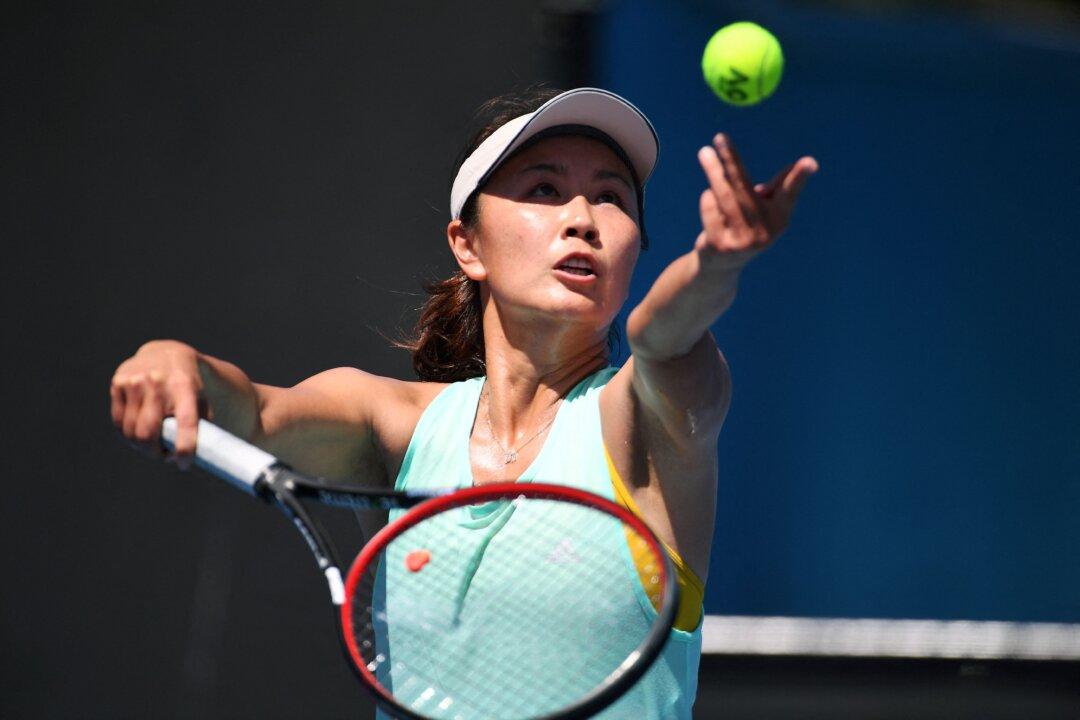Weeks have passed since Chinese women’s tennis champion Peng Shuai accused Zhang Gaoli—the country’s former vice premier—of coercing her into sex in the course of an on-and-off affair, yet the scandal continues to produce international fallout.
According to Peng, 35, who posted her allegations on Nov. 2 to China’s Twitter-like social media platform Weibo, she and the 75-year-old Zhang had begun seeing each other and had consensual sex more than a decade ago. But when they reunited following his retirement in 2018, he took advantage of her.
